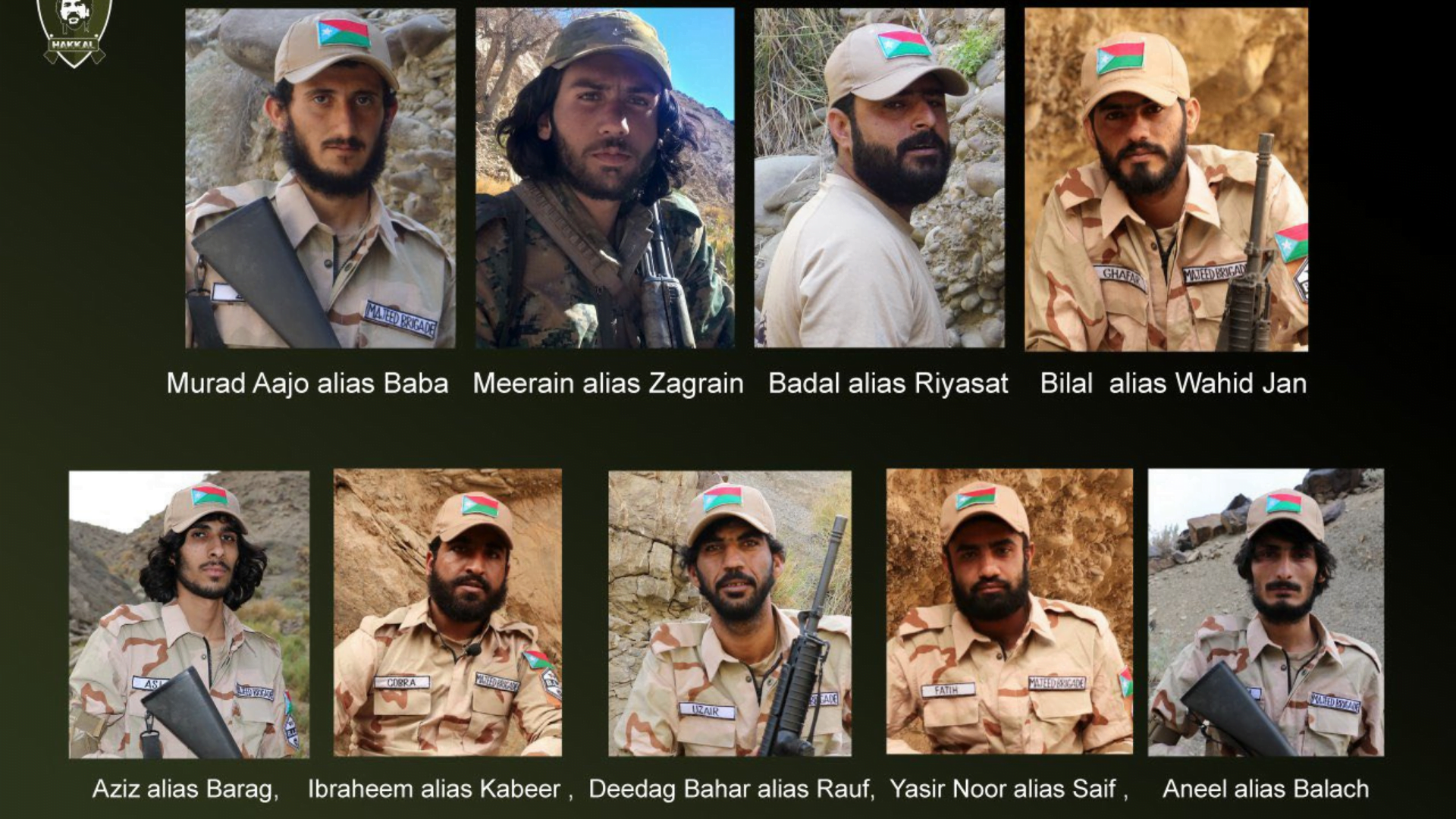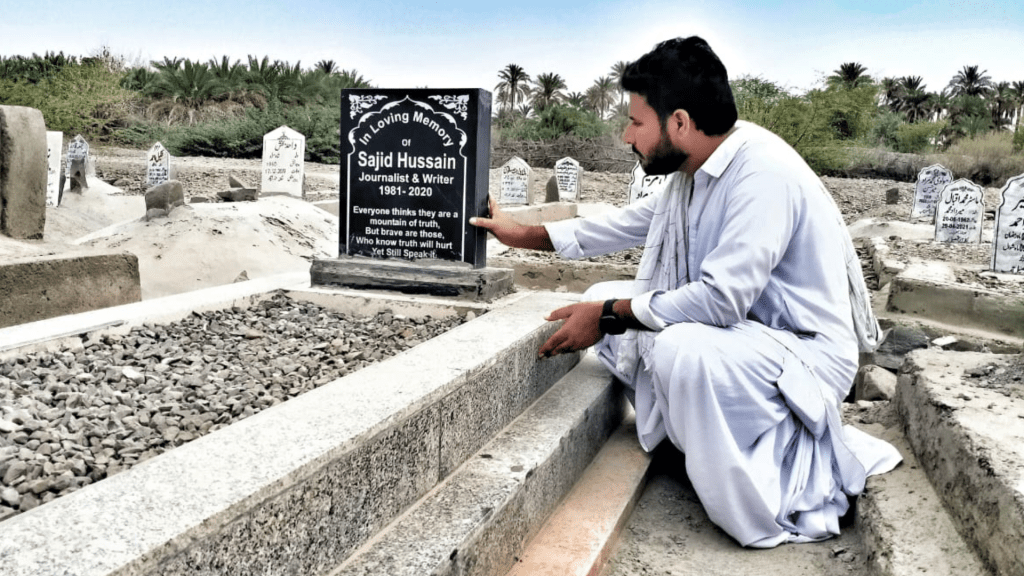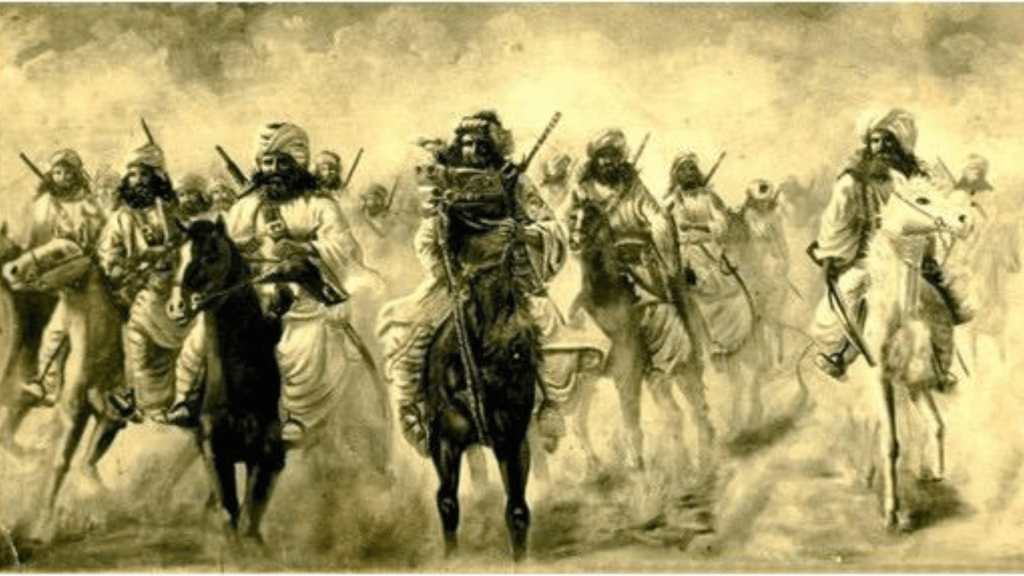This week’s attacks by the Baloch Liberation Army (BLA) in Nushki and Panjgur proved that the uprising in Balochistan is truly alive. Only a few years ago, Pakistani authorities tried to believe that the Baloch militants were losing their support base and that their fight was on its deathbed.
The Wednesday attacks were sophisticated, signalling a new shift in the tactics of the militant organization. Previously, Baloch guerrilla fighters would avoid engaging the security forces in their district headquarters and would rather ambush security forces’ convoys or besiege remote checkpoints. On Wednesday they entered the camps and were prepared to keep them to death.
By 18:30 local time on Saturday, the BLA announced that it had sent 16 fighters into the twin attacks and that the mission was over and that all targets had been successfully reached.
We may not know the exact number of casualties – the BLA says it has killed 170 Pakistani soldiers while the government gives a figure of just seven dead- given the media blackout in Balochistan. However, it can not be denied that it was the most impactful insurgent attack since the killing of three Chinese engineers in Gwadar in 2004.
Pakistan’s army tries to play down the conflict in Balochistan and is far more reluctant to accept casualties against Baloch insurgents than against religious extremists. This is quite confusing why. Journalists and human rights organizations are not allowed to cover the conflict zone and those who even try to do their job on social media are targeted, often by accounts linked to the Pakistani security establishment. Journalist Kiyya Baloch faced abuse and threats for merely quoting figures from the BLA during the attacks.
What the Pakistani authorities need to understand is that the issue of Balochistan is a sincere question and that it serves no purpose to deny its existence. Decades of injustice forced the Baloch to take up arms to fight for their right to live independently, as other ways of protesting have historically been completely ignored or sometimes simply crushed by the State.
Even today, parliamentary politicians like Akhtar Mengal remain incapable of getting the army to accept their demands, one of which is the release of Baloch missing persons. Gwadar residents, who arranged a month-long sit-in for basic rights such as provision of clean drinking water and access to their own sea, also saw the reluctance of Pakistani authorities to accept their demands. On the contrary, a delegation of unpopular Baloch politicians was sent to end the protests.
But it appears the Baloch militants are not in ready to slow down. These attacks gained wider support among the Baloch people, a growing indication of frustration among the locals against daily humiliation and insults by FC soldiers at checkpoints built every five kilometers.
As the attacks unfolded, Pakistani army trolls were quick to grab Twitter Spaces to “stand with the military” by shouting racial and derogatory insults at the Baloch people. Some of these spaces even had appearances of mainstream Pakistani journalists in which there were calls for the destruction of Balochistan as a solution to the end of all Baloch problems.
Before any solution is even considered, Pakistan will have to accept the Baloch ownership over the matter. That is, the political will and autonomy of the people are respected in the first place. The use of excessive force by the State in recent decades has only strengthened the political will of the population. More and more well-educated people are joining the fight for their rights. Currently, the locals see the State of Pakistan represented by criminals and thugs. Until that changes, things will stay the same and could very well get worse.



